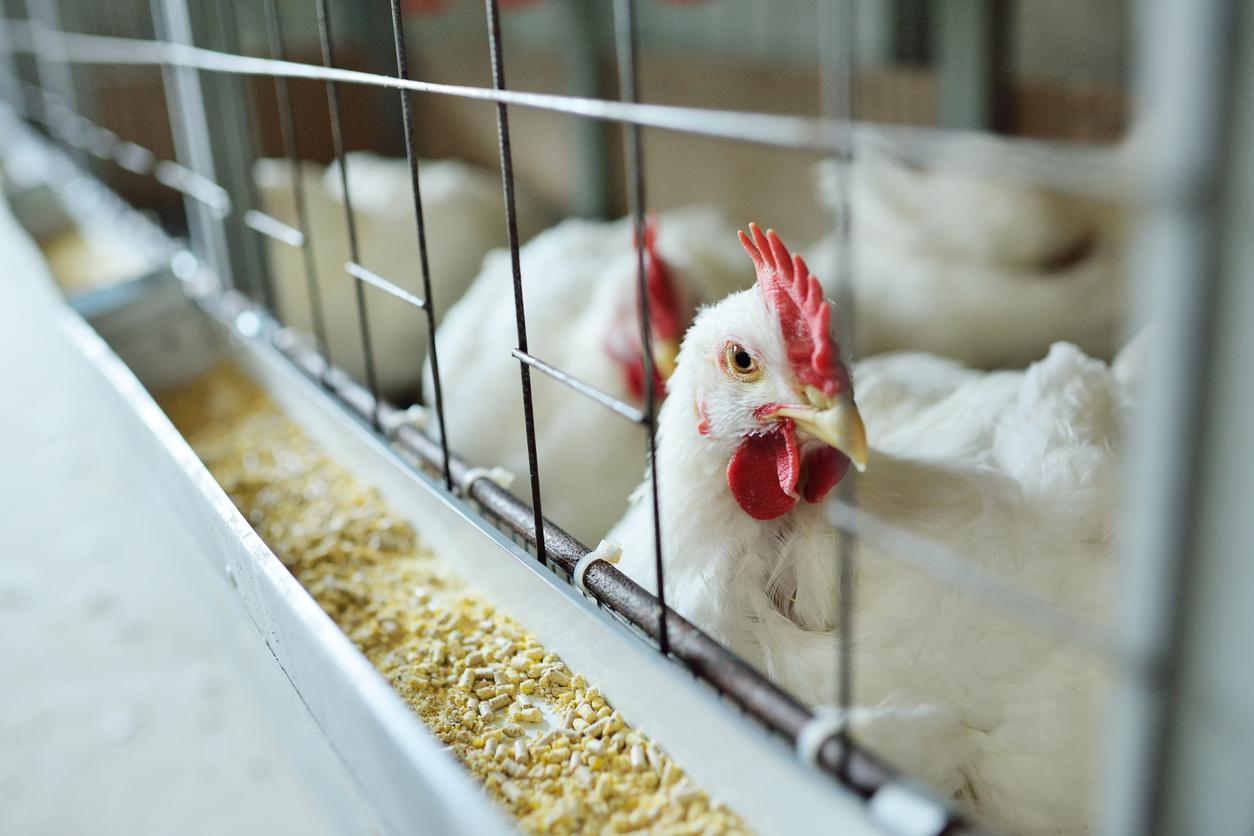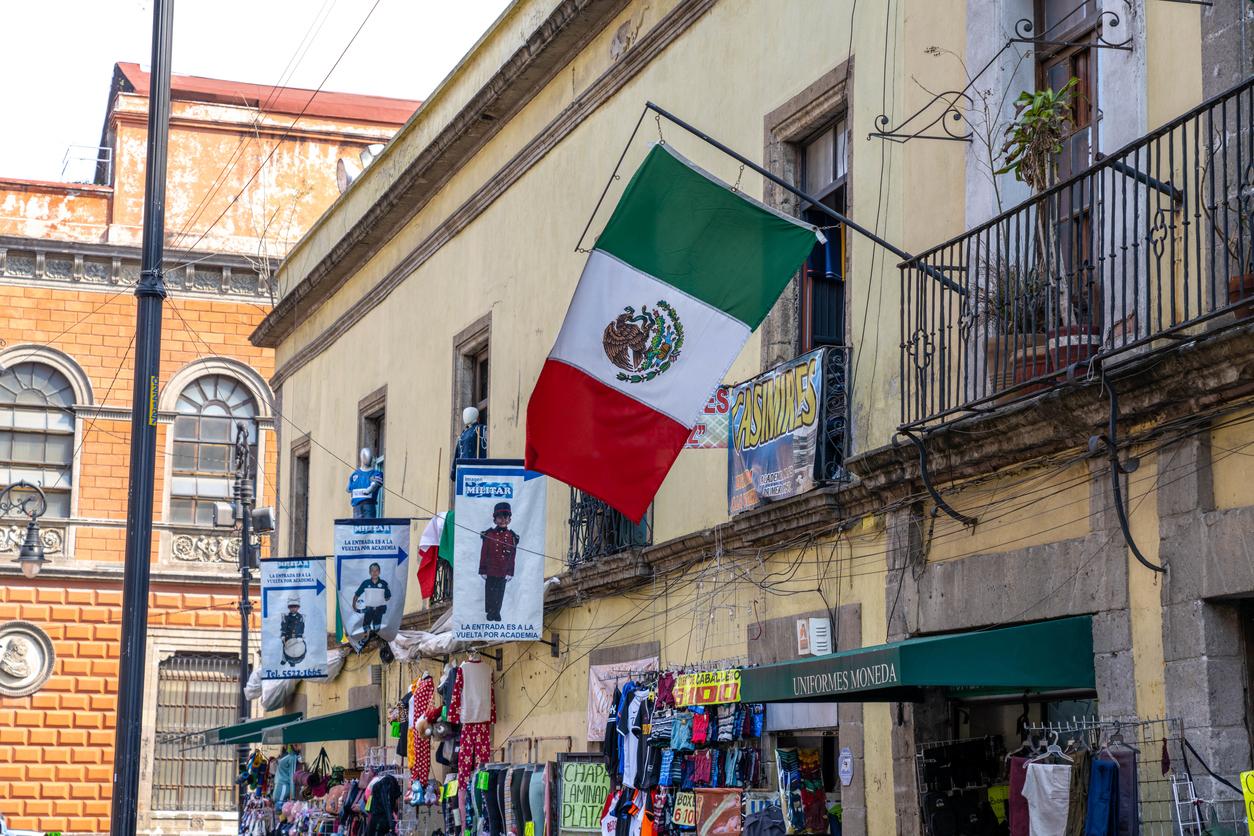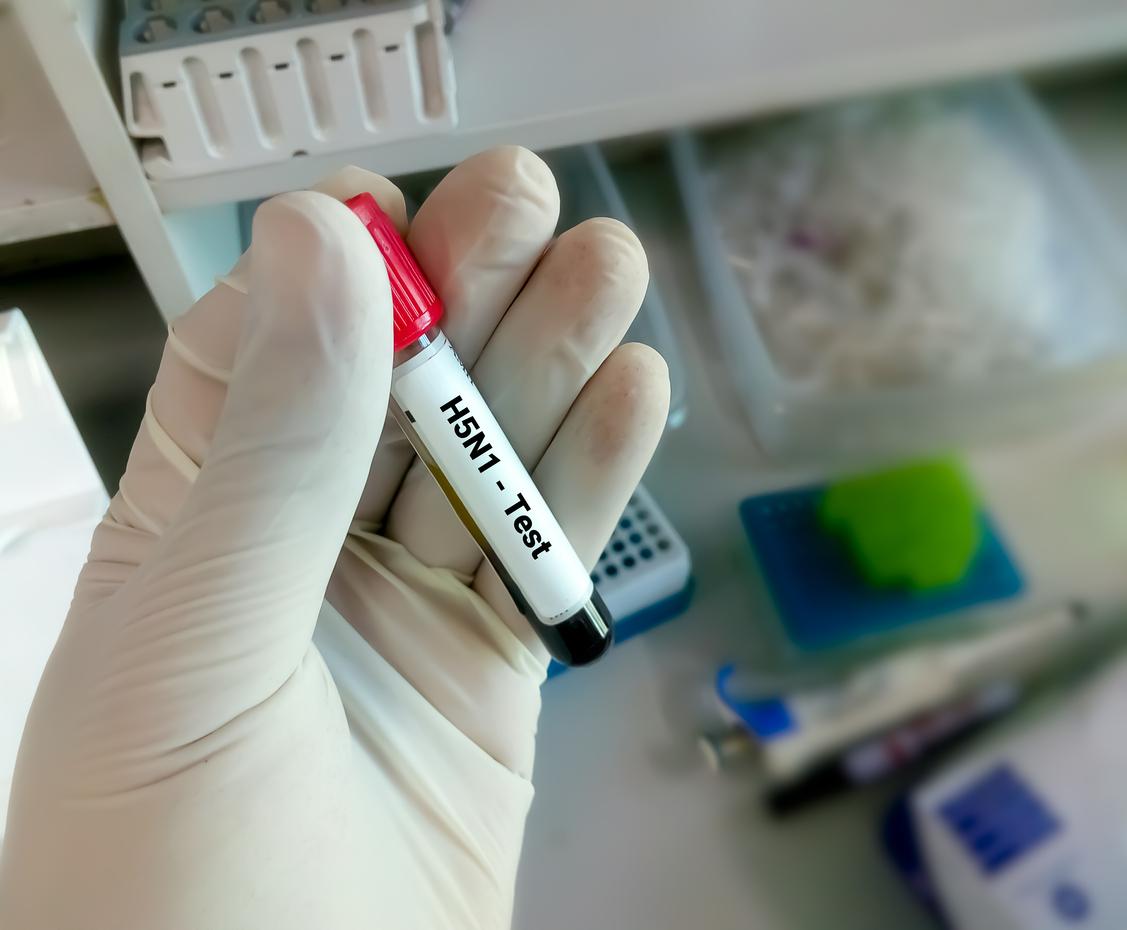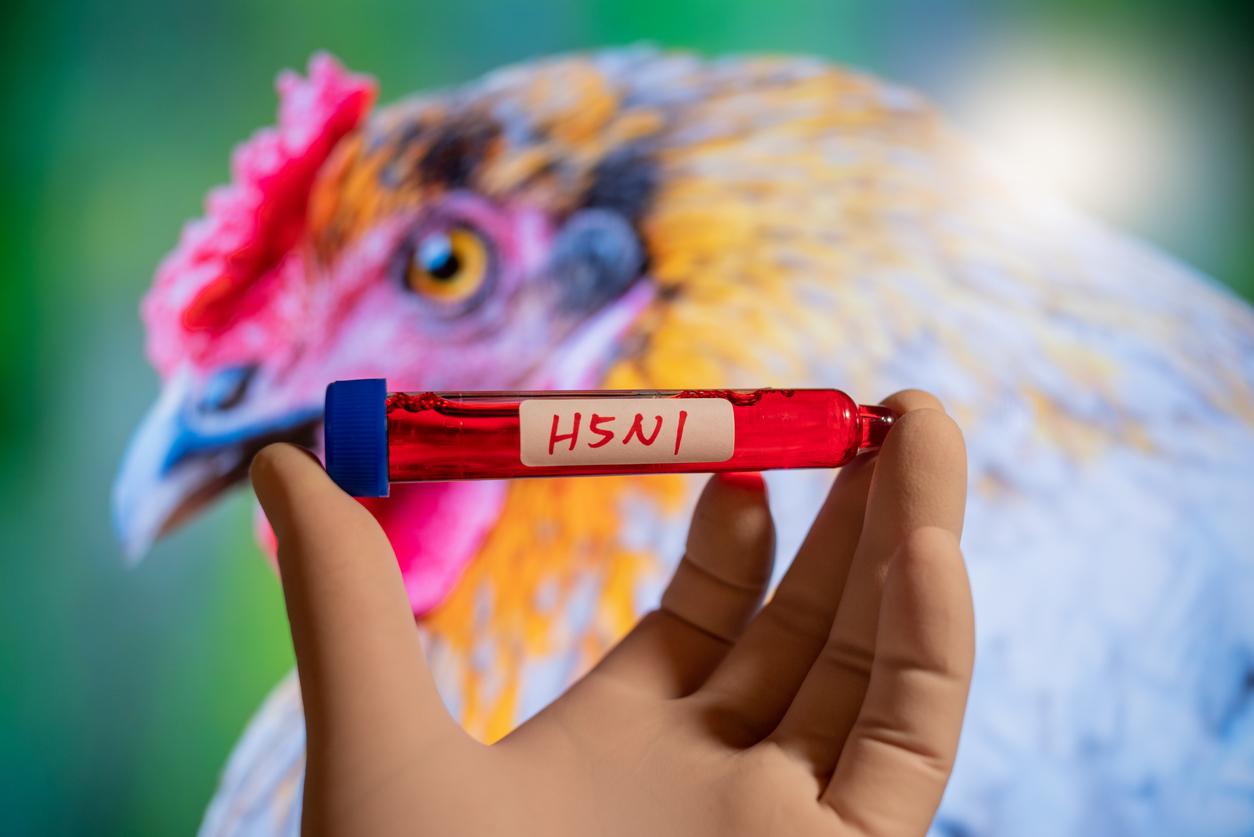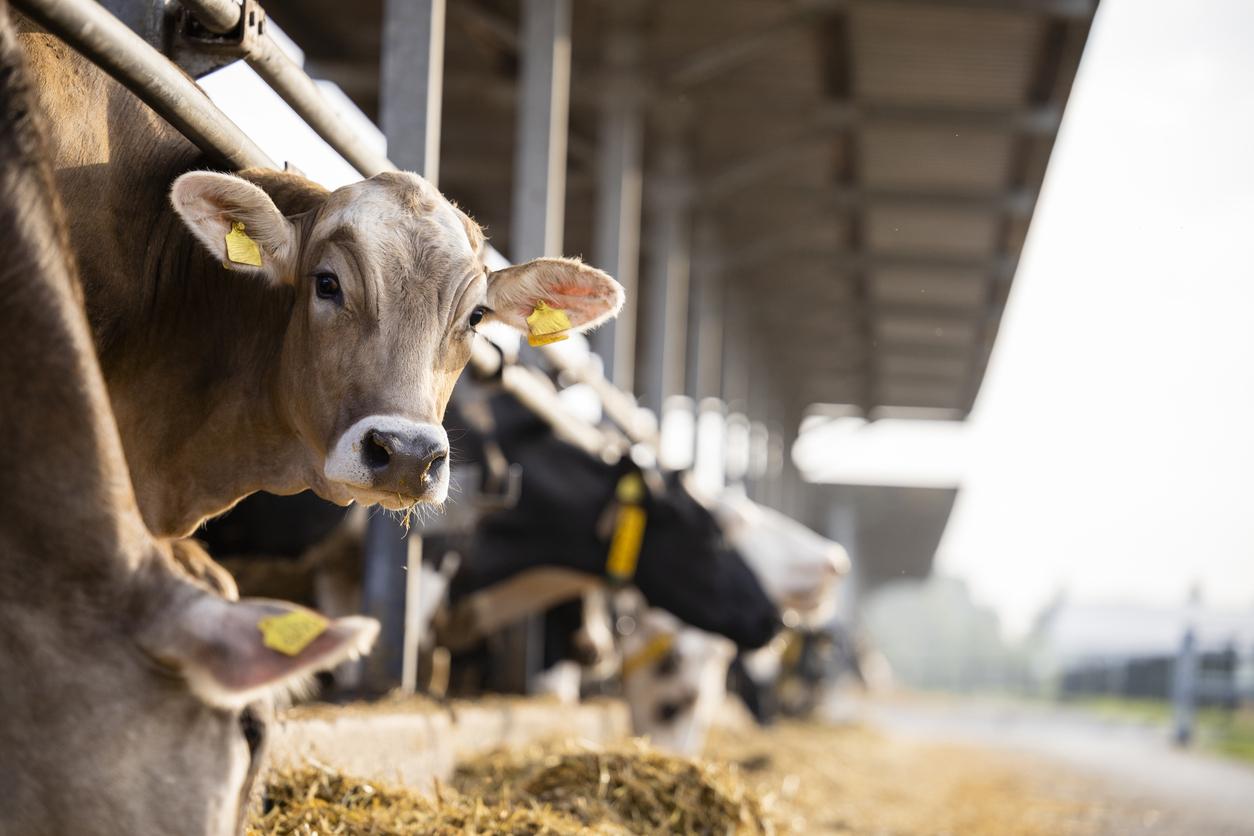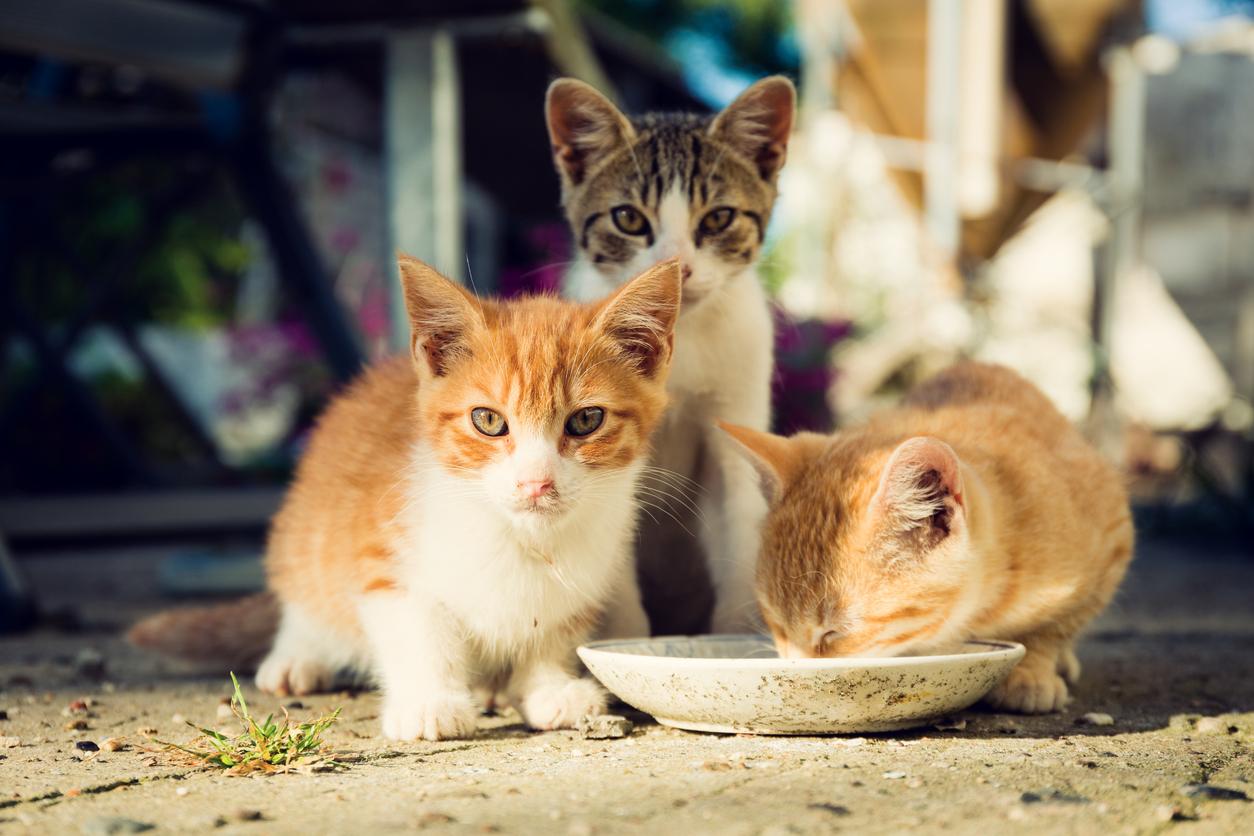International health authorities are calling on China to strengthen its control and surveillance measures to stem the bird flu epidemic.
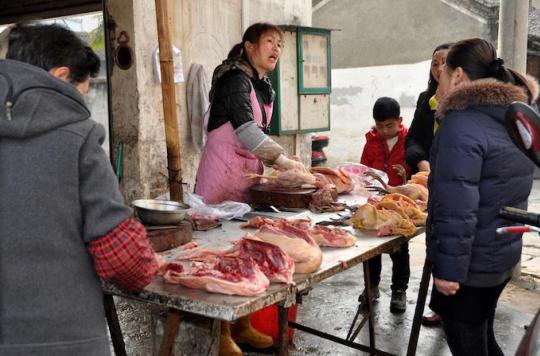
While China is doing everything to curb an epidemic of bird flu, the Food and Agriculture Organization of the United Nations (FAO) and the World Organization for Animal Health (OIE) are calling for tighter controls. International agencies are worried the recrudescence of a highly pathogenic H7N9 strain capable of infecting humans.
Since the start of the year, 161 people have died from infection with this virus. A much higher number than in previous years. “According to some estimates, at the beginning of March 2017, human cases linked to the A virus (H7N9) exceeded those linked to other types of avian influenza virus combined (H5N1, H5N6, etc.)”, they indicate.
The main victims are farmers and customers visiting live poultry markets. Chinese authorities frequently carry out tests in these markets or farms. But monitoring the H7N9 virus is complex because until now infected animals have shown few symptoms. The appearance of a mutation has changed the situation: this new strain kills poultry in less than 48 hours.

Pandemic risk
A high pathogenicity which worries the FAO and the OIE because the mutation could be transmitted to entire herds in China or neighboring countries. This new virus could also infect wild birds which could spread this virus during their migration. “China reacted quickly by reporting to international organizations the recent mutation of the virus and its transition from low to high pathogenicity in poultry,” said Dr Matthew Stone, Deputy Director General of the OIE. Considering that the risk of mutation of this virus is permanent, a characteristic inherent in all influenza viruses, the rapid sharing of surveillance and sequencing results with the international community is essential to prepare for the fight. against the pandemic ”.
To limit the spread of this mutation, “it is essential to tackle the source of this disease in poultry: actions must be taken to eliminate the H7N9 virus from affected farms and markets,” said Dr Vincent Martin, FAO representative in China.
Recommendations
Biosecurity measures have already been applied in the markets by the Chinese Ministry of Agriculture. In particular, it is forbidden to leave animals there at night in order to avoid the concentration of the virus. The ministry also imposed days of vacancy, and closing in order to proceed to the cleaning of the stalls. The population was also urged not to buy live or freshly slaughtered poultry. Because only cooking or freezing can eliminate the virus.
The FAO and the OIE are also reassuring. They point out that the consumption of chickens, ducks or other poultry does not present any risks because the virus is not transmitted by the ingestion of contaminated meat.
.










